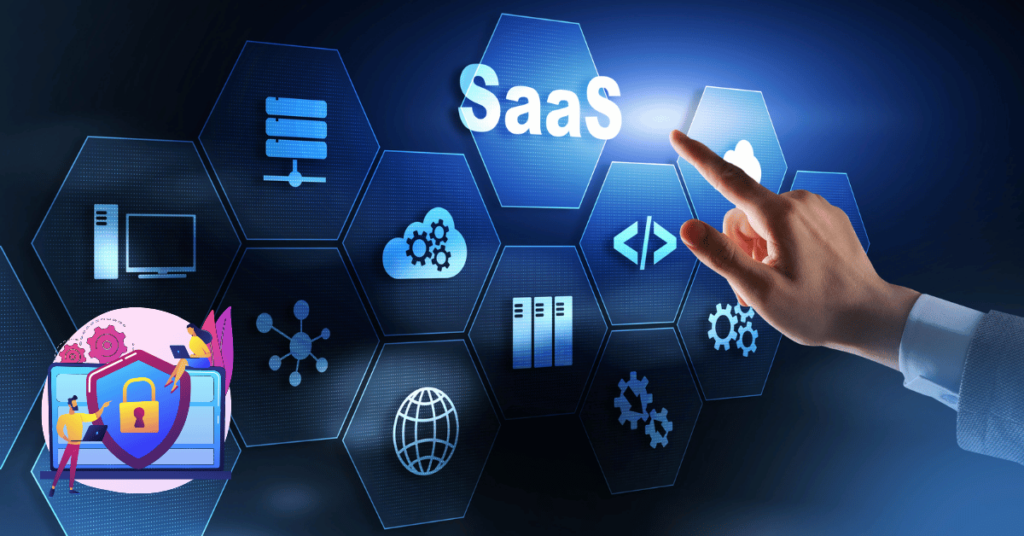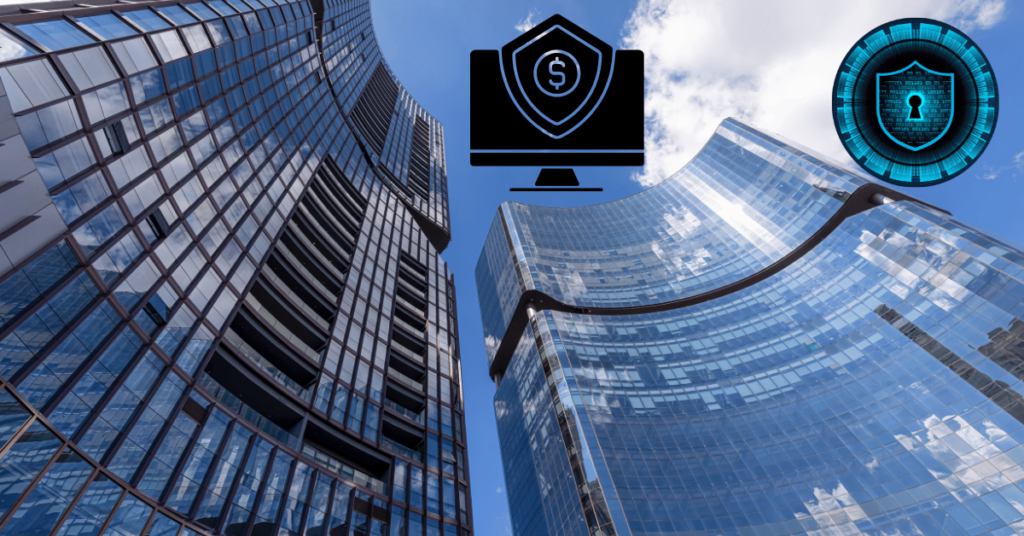As the software-as-a-service (SaaS) industry continues to grow, so does the complexity of its cybersecurity risks. SaaS companies, by their nature, handle vast amounts of customer data and are responsible for ensuring the security and availability of their software. Cyber insurance for SaaS providers is essential to manage financial risks associated with data breaches, service disruptions, and liability claims. This guide explores the unique cyber risks faced by SaaS companies and the coverage areas that cyber insurance should include.
Why SaaS Companies Need Cyber Insurance
SaaS companies are vulnerable to a wide range of cyber threats, including data breaches, ransomware, and DDoS attacks. The reliance on a subscription model also means that service outages or data breaches can impact customer trust and long-term business stability. Here are some reasons why cyber insurance is essential for SaaS companies:
- Data Protection: SaaS providers manage extensive amounts of sensitive customer data, making them prime targets for cyberattacks. A breach could lead to reputational damage and regulatory penalties.
- Service Availability: DDoS attacks or ransomware can disrupt service delivery, resulting in lost revenue and client dissatisfaction.
- Third-Party Liability: SaaS companies often work with third-party vendors, creating potential liability if an incident affects customer data or disrupts services.
- Regulatory Compliance: SaaS companies must comply with data privacy regulations such as GDPR, CCPA, and others. Non-compliance can lead to fines and legal consequences.
- Financial Security: Cyber insurance offers financial protection to help companies manage the costs associated with cyber incidents, such as data recovery, legal fees, and client notifications.
Essential Cyber Insurance Coverage for SaaS Companies
1. Data Breach and Privacy Liability
This coverage addresses the costs associated with data breaches that expose customer information. For SaaS companies, this is critical due to the volume and sensitivity of data they store.
- Scope: Covers costs related to customer notifications, regulatory fines, credit monitoring, and legal fees.
- Example: If a data breach exposes sensitive customer data, privacy liability coverage helps manage compliance costs and legal defense.
2. Business Interruption and Revenue Loss
Business interruption coverage compensates for lost revenue due to cyber incidents that disrupt service delivery.
- Scope: Covers lost revenue, additional expenses, and other financial losses resulting from operational downtime.
- Example: A DDoS attack shuts down a SaaS platform, leading to a temporary loss of service. Business interruption coverage helps offset the lost revenue during the outage.
3. Cyber Extortion and Ransomware Protection
SaaS providers are increasingly targeted by ransomware attacks that lock down essential systems. Cyber extortion coverage helps manage the financial impact of these attacks.
- Scope: Covers ransom payments, negotiation services, and data recovery expenses.
- Example: If ransomware locks critical servers, this coverage provides financial assistance for ransom payments and system restoration.
4. Errors and Omissions (E&O) Liability
Errors and omissions (E&O) coverage is essential for SaaS companies to protect against claims of negligence, errors, or failure to deliver services as promised.
- Scope: Covers legal fees, settlements, and damages related to performance failures.
- Example: A service outage results in business losses for a client who then sues the SaaS company. E&O coverage helps manage the costs of legal defense and any awarded damages.
5. Third-Party Liability
Third-party liability coverage is necessary for SaaS companies that work with vendors and other partners who may access customer data or networks.
- Scope: Covers legal costs, damages, and settlements if an incident affects third-party data or disrupts services for other parties.
- Example: A security breach at a vendor exposes customer data, leading to claims against the SaaS provider. This coverage helps cover legal fees and potential settlements.
6. Regulatory Compliance and Legal Defense
Compliance with data protection laws is critical for SaaS companies. Regulatory compliance coverage addresses the costs associated with investigations and penalties.
- Scope: Covers regulatory fines, penalties, and legal expenses related to non-compliance.
- Example: A data breach prompts a regulatory investigation for GDPR compliance. Regulatory compliance coverage helps cover the resulting legal fees and fines.
7. Forensic Investigation and Incident Response Support
Forensic investigation coverage provides crucial support for understanding the cause and impact of cyber incidents, helping SaaS companies to respond effectively.
- Scope: Covers costs related to forensic analysis, breach investigation, and system restoration.
- Example: After a cyber incident, forensic experts analyze the source and extent of the breach. This coverage helps manage the associated expenses.
Best Practices for Cybersecurity in SaaS Companies
To further protect their operations and data, SaaS providers should implement these cybersecurity best practices:
- Conduct Regular Security Audits: Assess vulnerabilities and update security measures to stay ahead of potential threats.
- Invest in Data Encryption: Encrypt data both at rest and in transit to prevent unauthorized access.
- Enforce Strong Access Controls: Use role-based access, multi-factor authentication, and regular password updates.
- Implement Disaster Recovery Plans: Have a robust plan to restore data and systems following an incident.
- Provide Employee Training: Regular training helps employees recognize and avoid phishing, social engineering, and other cyber threats.
FAQs
What types of cyber insurance are essential for SaaS companies?
- Following types of cyber insurance are essential for SaaS companies: data breach liability, business interruption, ransomware protection, and errors and omissions liability to address the unique risks they face.
Does cyber insurance cover ransomware attacks?
- Yes, most cyber insurance policies offer ransomware protection, including ransom payments and data recovery costs, essential for SaaS providers who rely on continuous service availability.
Why is E&O coverage important for SaaS companies?
- Errors and omissions coverage protects SaaS companies from claims of negligence, errors, or service failures, helping manage legal fees and potential settlements.
How does business interruption coverage work for SaaS providers?
- Business interruption coverage compensates SaaS providers for lost revenue during service outages, ensuring financial stability and operational continuity.
Are third-party risks covered under cyber insurance?
- Yes, many cyber insurance policies include third-party liability coverage to protect SaaS companies from claims arising from incidents affecting vendors or other partners.
Conclusion
Cyber insurance is a vital component of risk management for SaaS companies, offering financial protection and support in the event of a cyber incident. By choosing a policy that covers data breaches, business interruption, regulatory compliance, and third-party liability, SaaS providers can ensure that their business, data, and clients are safeguarded from cyber threats. Coupled with strong cybersecurity practices, a comprehensive cyber insurance policy enables SaaS companies to operate with greater resilience in an increasingly complex threat landscape.
So that was all about this article. If you have any further questions feel free to comment down below!




